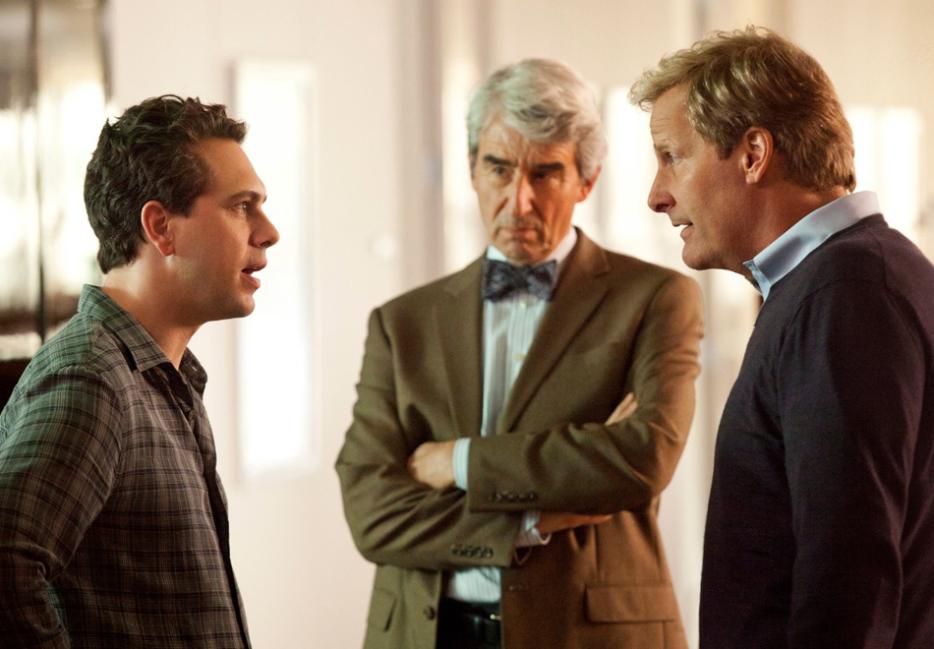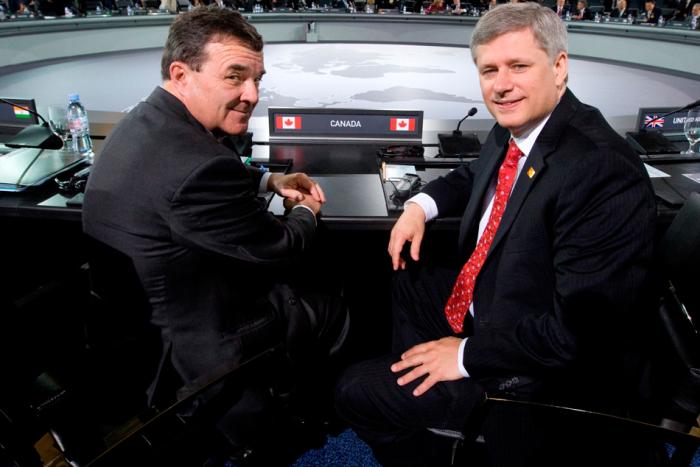Journalists are liars. We could gussy up that statement some, qualify it and obfuscate it a bit with more couched language—wouldn’t that be so journalist-y of us—but that is, basically, the view of the public; people trust journalists about as much as they do bankers and certain politicians. (Now might be a good time to point out that a healthy distrust of those entrusted with our most important tangibles—our information, our money, our society—is a reasonably healthy and, if I may, journalist-y mindset, but I don’t want to lose you when we’re just getting started.)
They lie in two important ways. The more obvious is the Fox/Sun news kind (or, if you believe in those particular outlets, the everybody-else-in-the-world kind), the deliberate cherry-picking of facts and issues to frame the world in a way most favourable to a pre-established worldview. The subtler way is more about omission than action, the cherished and fungible concept of fairness and objectivity that seems to remove a good degree of the journalist’s rationality and leaves them as a kind of sock puppet, diligently repeating whatever is being yelled the loudest.
For Aaron Sorkin, mindless mouth-piecing is the greater evil. It’s one thing to have the cynical and the half-witted impose themselves on the world, but it’s another for good men to sit around and do nothing. Like any good colonialist—with The Newsroom (the second season of which begins this Sunday on HBO), at least, Sorkin is roughly the most staunch advocate for the upper-class white man’s burden since Kipling—he knows that savages are gonna savage, but that’s only a problem if the civilizers don’t civilize.
And so we have Will McAvoy (Jeff Daniels, essentially playing the same role he did in The Squid and The Whale, except this time with cheerleaders), The Newsroom’s anchor, a milquetoast-turned-flamethrower beset on all sides with stupidity, whether it’s Tea Partiers gone wild or the sleazy ratings guy pushing for more infotainment. With his team of equally devoted do-gooders, including an executive producer who all but lights incense under his oil-painted portrait (played by Emily Mortimer), they beat the drum of centrist, educated elitism, waiting for the country to march with them.
It might be worth mentioning that, some of Sorkin’s particular blindspots aside—the Boomer’s shaking fist at these damn kids and their internets, the successful dude’s view that women are flighty and irrational and best when behind a good man—his soon-to-be-two-season crusade isn’t completely self-serving pissing on the plebs. As you, the reader of a longform literary website, no doubt have bemoaned, reasonable doubts about being run by Brahmins have been morphed, in certain corners, into all-purpose anti-intellectualism; for a disturbingly large portion of the citizenry—let’s call them “Ford Nation”—anything deeper than a surface understanding is a fey affectation akin to wearing a cravat. Sorkin, who is obviously a smart guy—just ask him!—is more than capable of mounting a defence of knowing shit, and good on him for going full Maginot Line.
His own private Belgium, though, is split between the Walloon of his arrogance and the Flanders of his wit. The former is the only way to explain a man who looks at the bellowing bellicosity of cable news and thinks, “The problem here is that I haven’t been yelling enough.” His view, that you’re all a bunch of idiots, is marginally different (although it’s kind of just humourless Jon Stewart), but it’s still just so much shouting, given a slightly priggish hindsight by the fact that The Newsroom goes over recent stories and shows everyone how they should have been covered.
The latter is the more damning problem, though. You are not legally allowed to write about Sorkin without mentioning his gift for dialogue, which is machine gun and ratatat and other descriptors that suggest something mechanically proficient and indiscriminate in aim. In a Sorkin script, everyone talks like Aaron Sorkin three days later in the shower, a function of the fact that his aesthetic is all about classical dramatic structure pumped to almost-burst. It can work insanely well in the right circumstances; I wouldn’t say a word against The Social Network or Moneyball. But when a big function of your point is to say that people are prone to distraction and flashy flattery over all else, you’ve already lost the argument when it comes in the form of an absurdly over-the-top monologue that congratulates the viewer for recognizing the greatness of the writer.
I suppose the easy out here is to say that it’s fiction, and there should be a solid line between the demands of television drama and television news, but it seems odd to crucify people for getting their kicks out of great storytelling while training them to distrust anything that isn’t a great story. (The Newsroom gives equal time to skewering the political climate and ridiculous love triangles, and then is totally baffled when people like gossip columns.) Sorkin’s worst example of this tendency was in Charlie Wilson’s War, when he shamed people for not being interested in rebuilding Afghanistan after making a whole movie about how rock-star it was to get weapons to the mujahedeen, but it’s essential to The Newsroom’s DNA, too.
So, like trying to teach literacy with a television show, Sorkin is up there telling you not to not believe the bullshit, but just to believe his variety. By spending all that time fretting about the cultural gatekeepers refusing to shut the damn thing, he ignores the fact that he’s acting like that other kind of journalistic liar, the one who refuses to leave a burning building and convinces himself the whole world must be on fire. And then he goes and lashes out at the people who call him on it. What would Will McAvoy think of all this?






